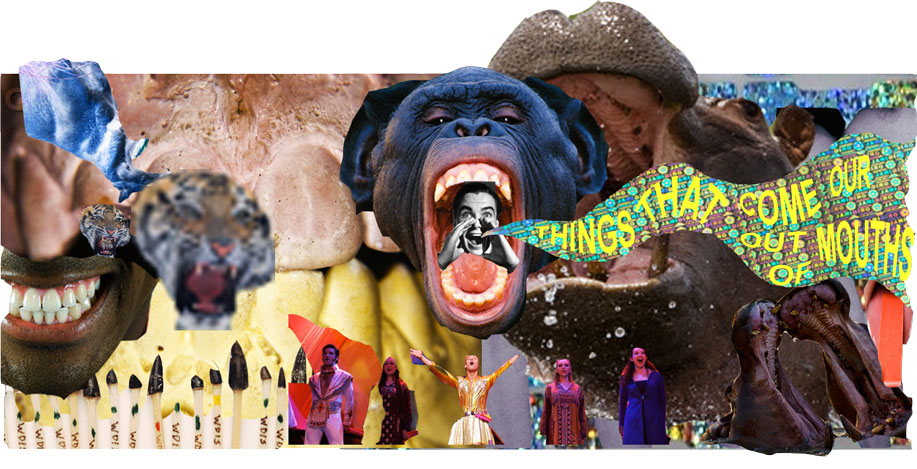hey hello!
I finished watching Human, All Too Human: Jean-Paul Sartre which is a
So here are some ideas & things, quotes mostly, that I found interesting:
- "What we think of as self-consciousness is actually our consciousness of the world. The idea that we have such a thing as a self [...] is a myth."
- Jonathan Ree, a philosopher in the doc. explain Sartre's ideas
- "To be conscious of something is to relate to an item in the world rather than a inner representation of it within your head."
- Jonathan Ree
I'm not entirely sure what these quotes mean. I really don't know enough about Sartre, but I think they suggest our tendency to take our perceptions of reality as fact. That reality really is this way or that. More likely, as Niels Bohr said, "Existence of the world 'out there' is not something of its own, but is inextricably tied up with our own perceptions of it." Thus, whether you understand 'self' as an image in your head or by external objects within the world, your subjectivity is always prevailing. maybe...
- Sartre's need for failure: suckcess allowed for institutionalization, concreteness, closed minds, and unflinching-ness. To keep this from happening, one must "not take anything for granted [...] Sartre would say something wonderful, 'I think against myself.' You have to think against everything that has been given to you by education. You have to criticize every single thing that has been given to you."
-Annie Cohen-Solal, a Sartre biographer
I feel this is a good idea. Whenever you think you're right about something, listen to the voice (whether its your own or more likely someone else) that says you're wrong and try to understand why that might be. It doesn't mean you are wrong, but it keeps you open. I think that's important.

No comments:
Post a Comment